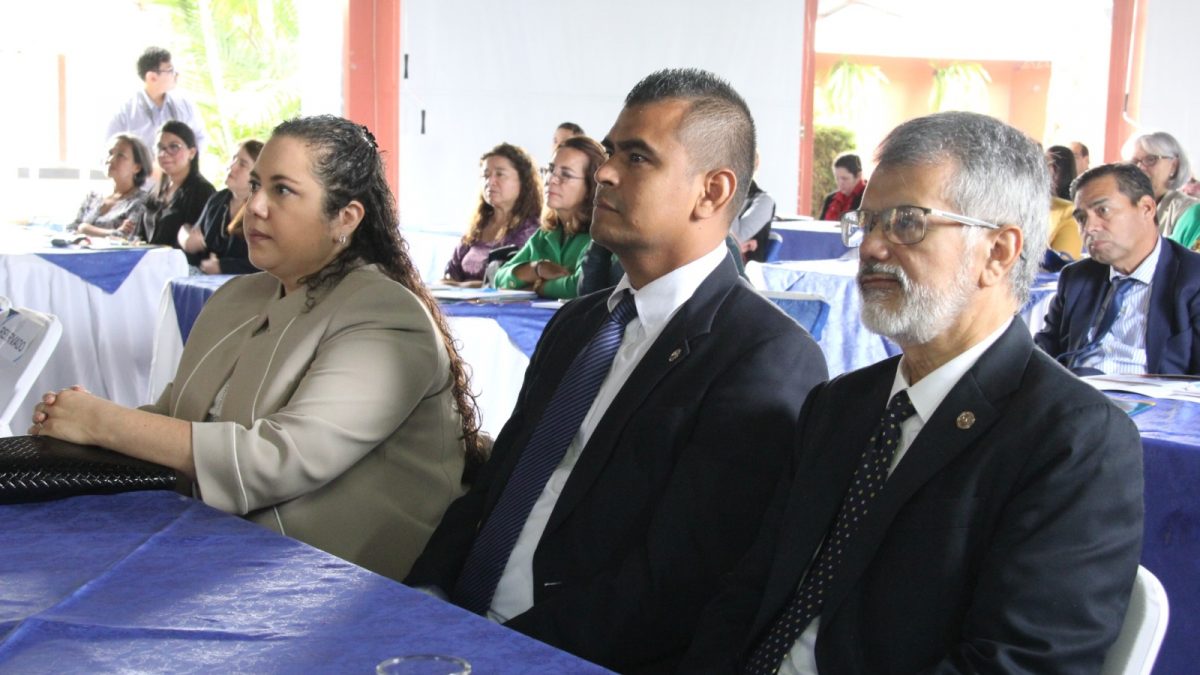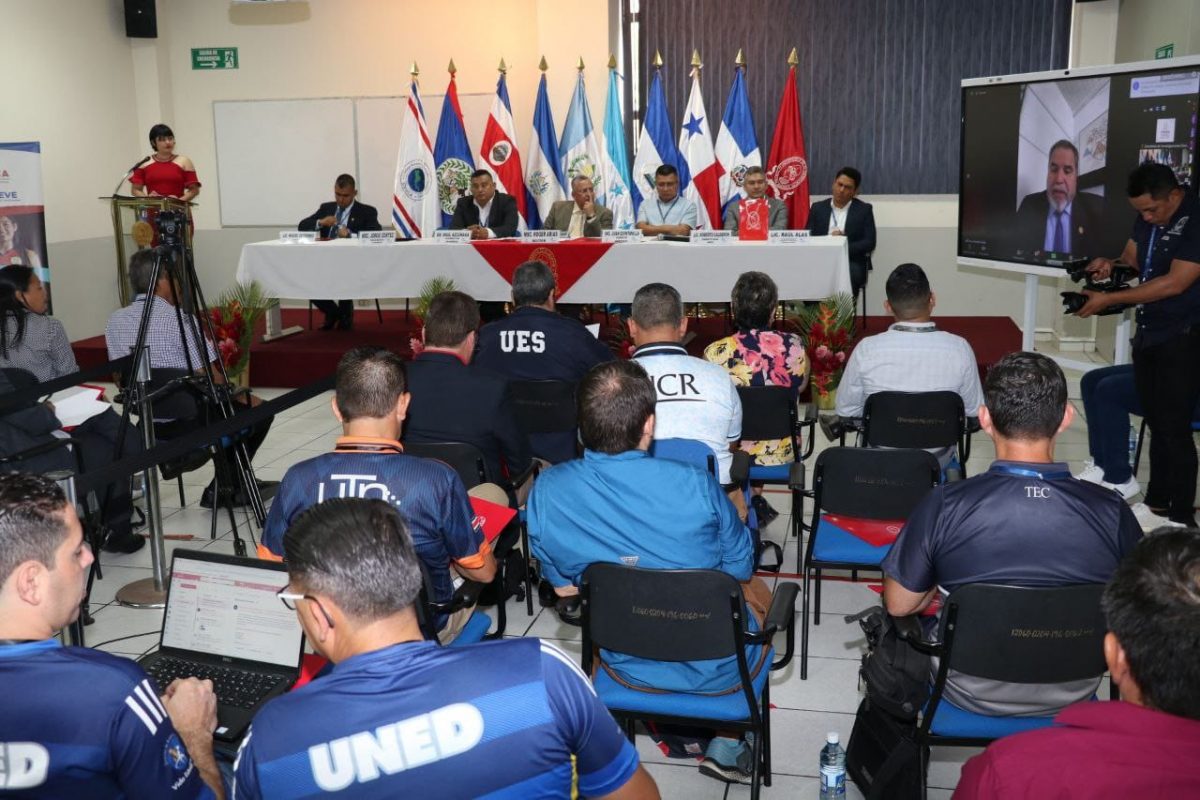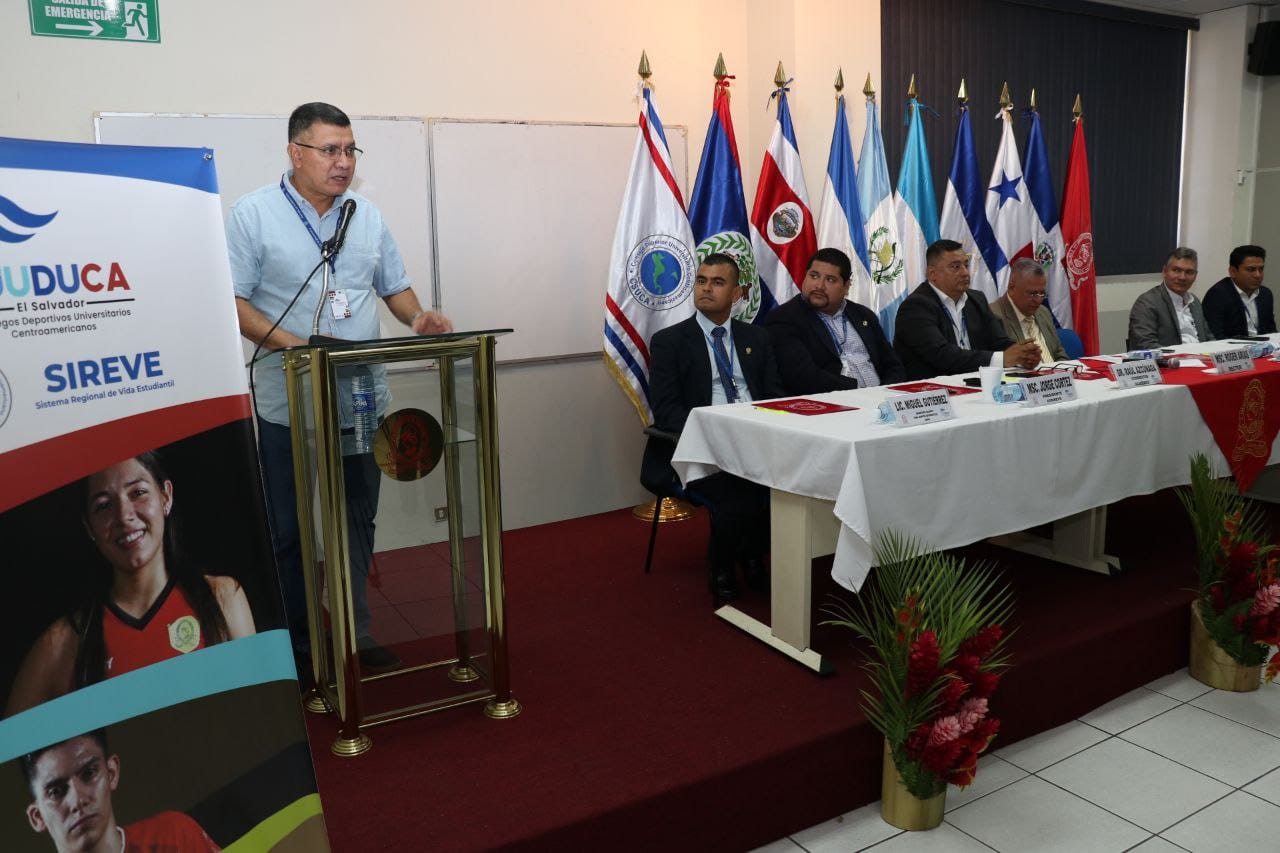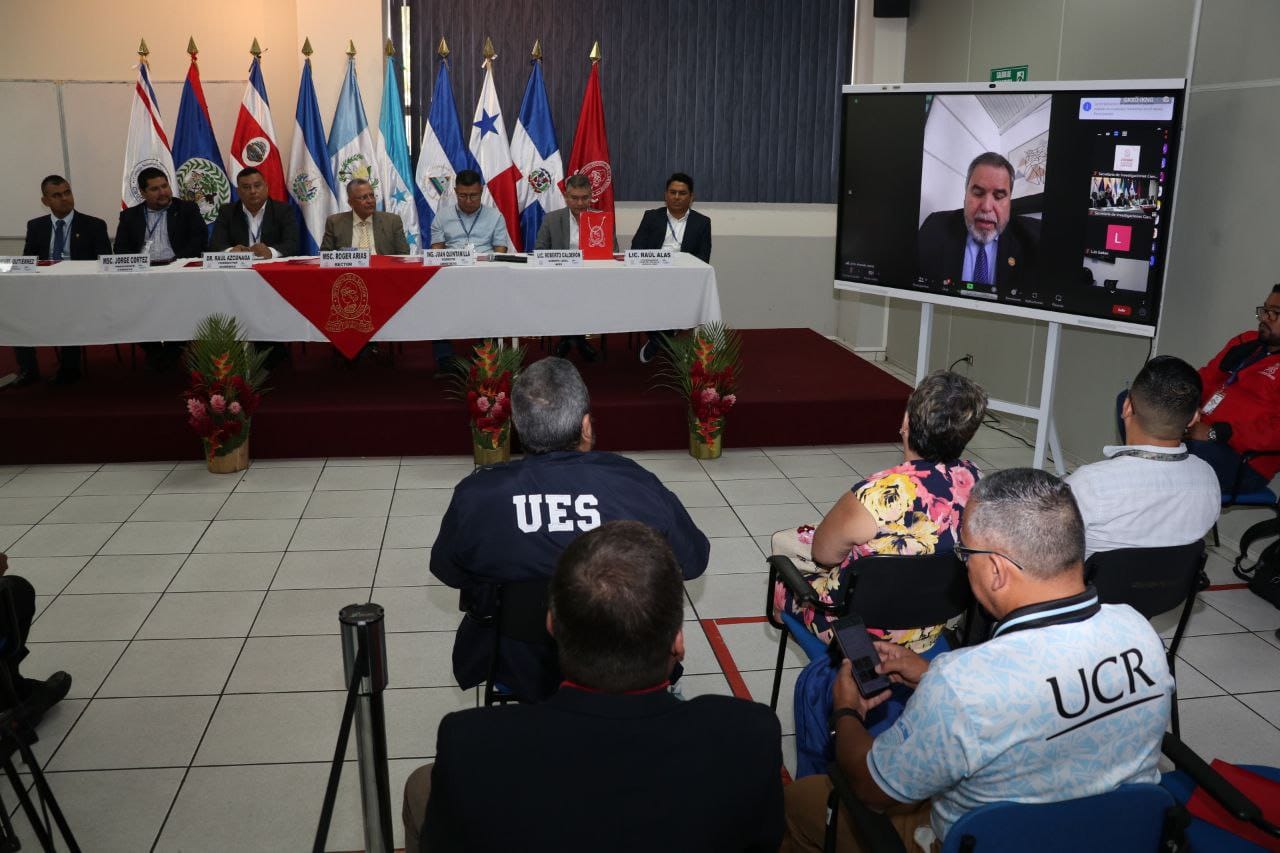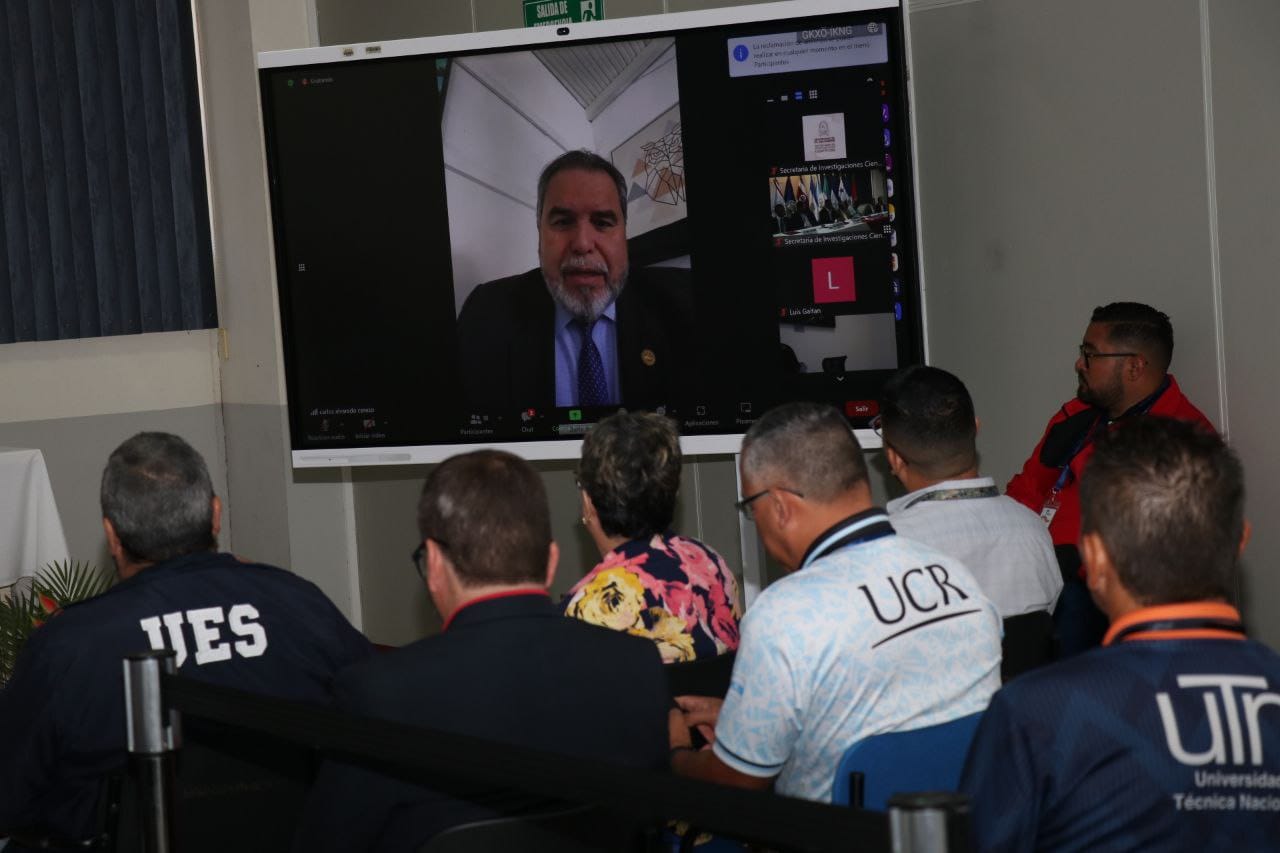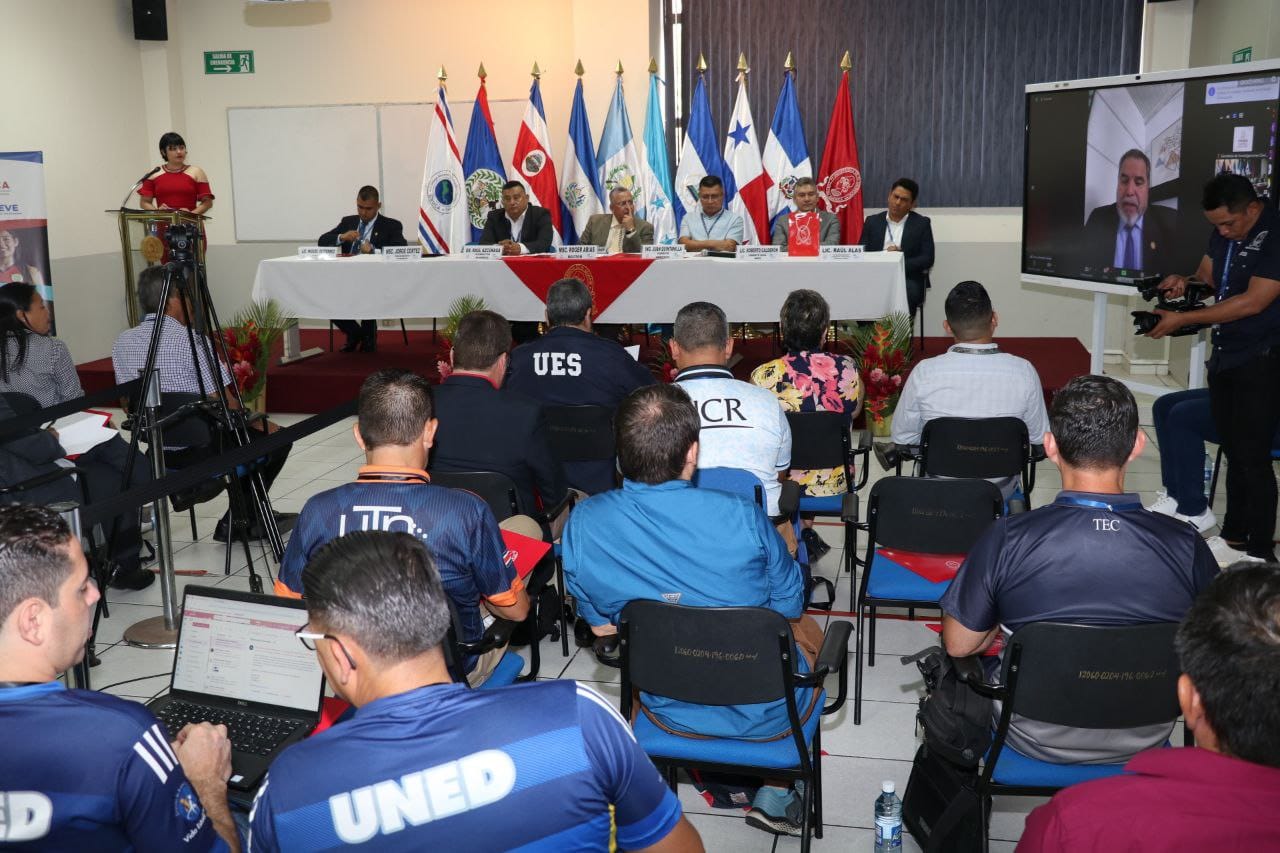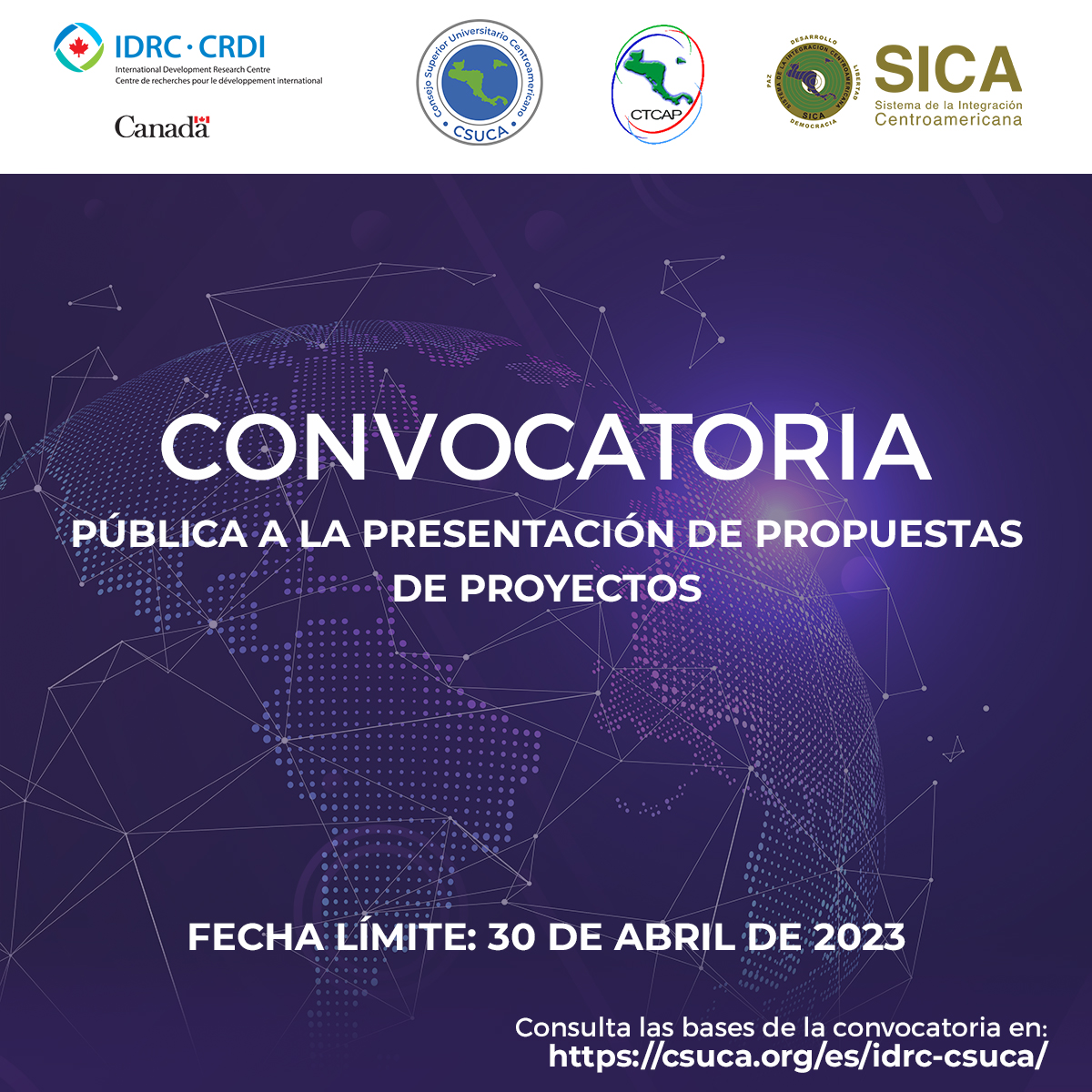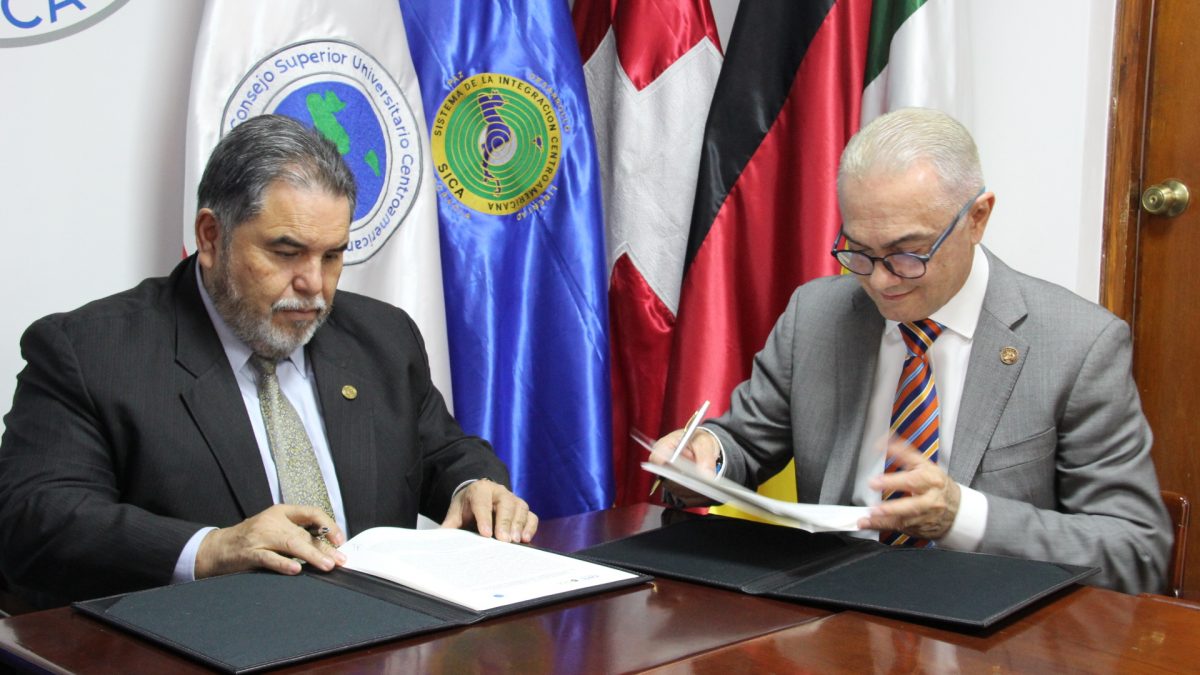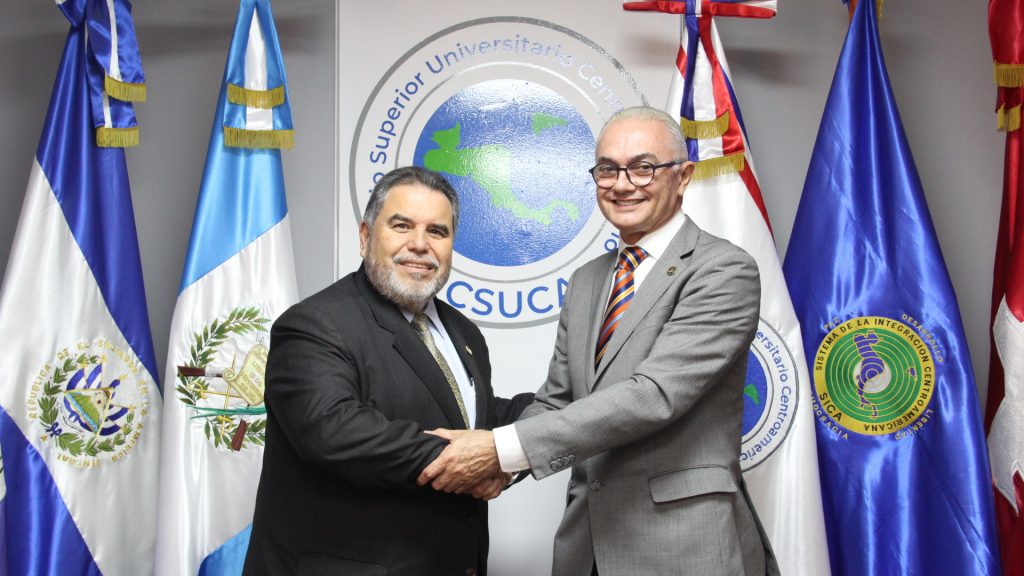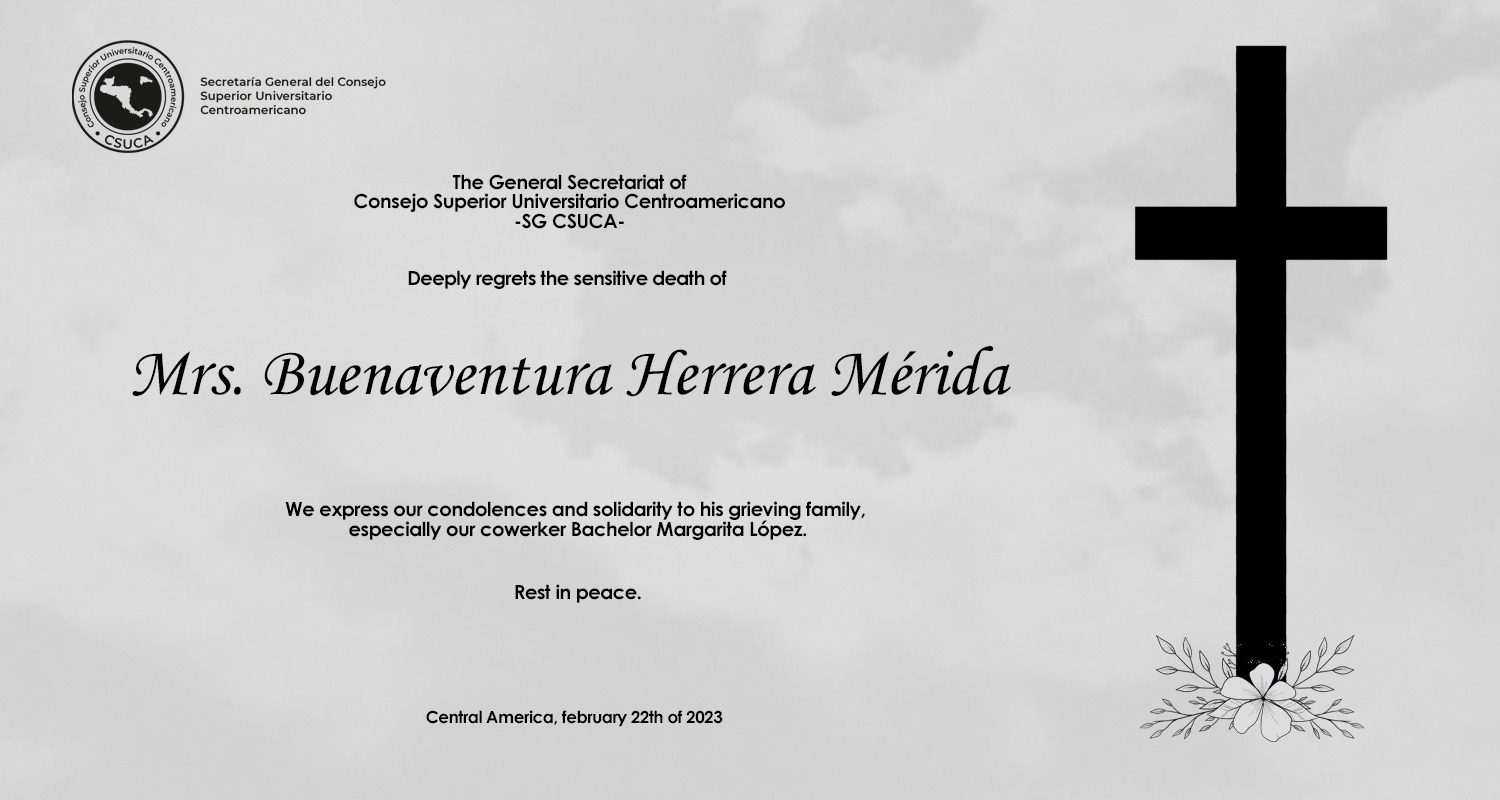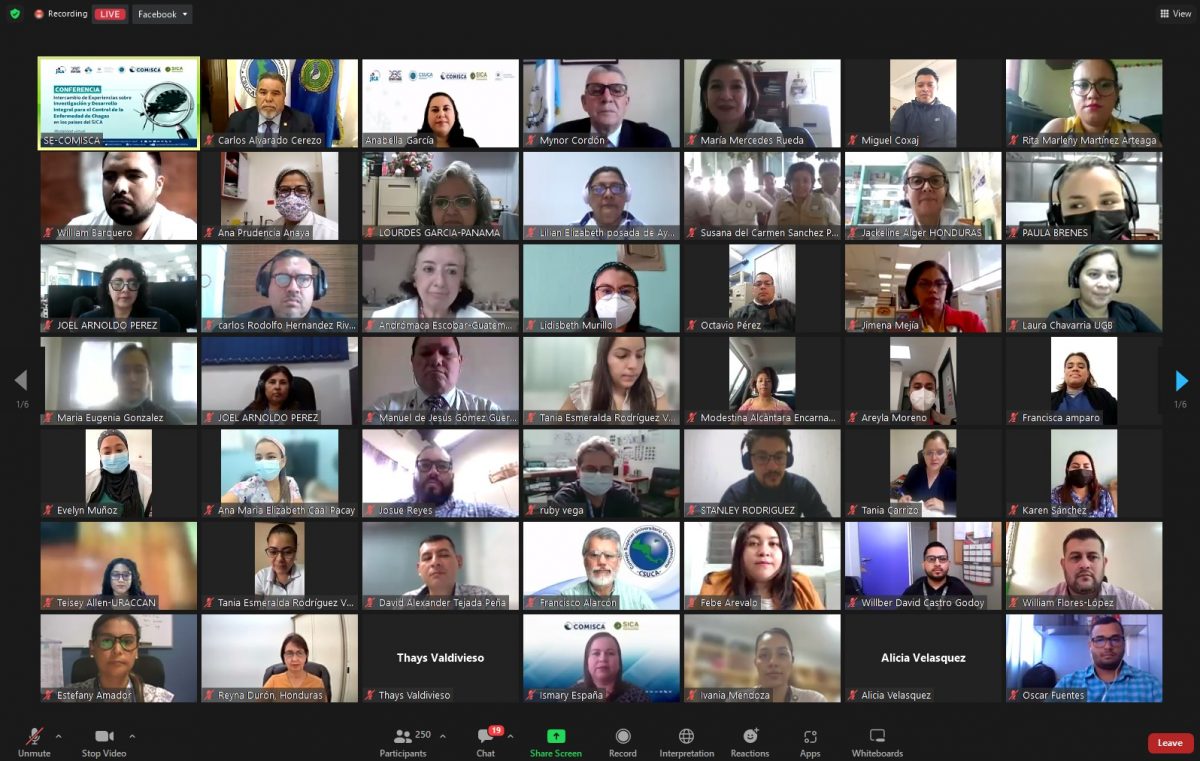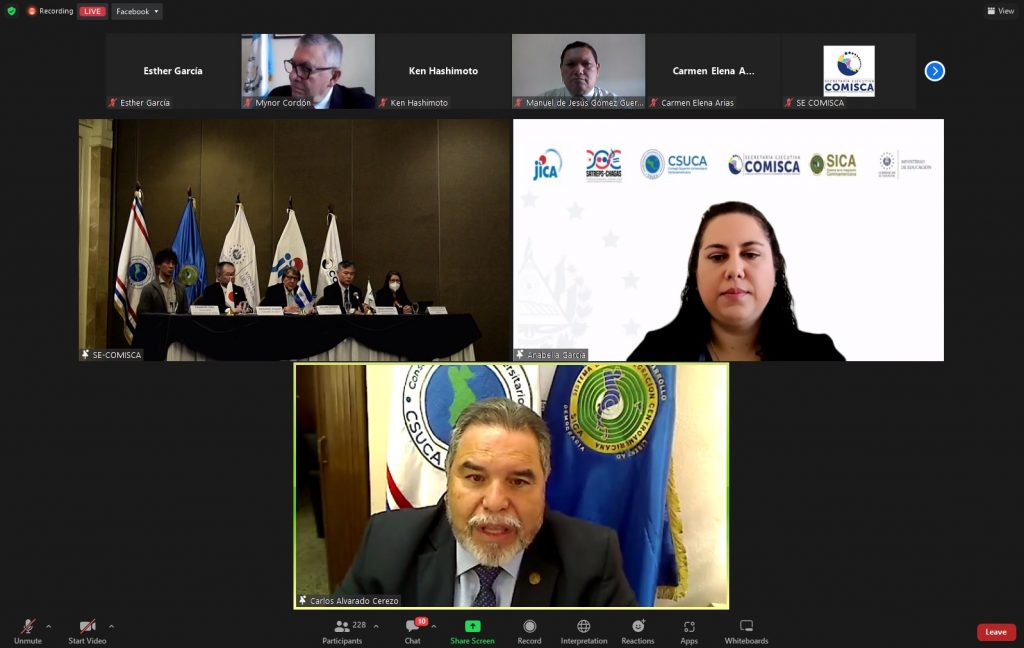Guatemala City, March 23, 2023
With the purpose of creating a space for reflection and awareness about the importance of open science, its benefits and opportunities for improving the social impact of research, the ?Central American Open Science Forum? organized by the National Secretariat of Science and Technology -SENACYT-, the General Directorate of Research of the University of San Carlos de Guatemala -DIGI- and the Central American Higher University Council -CSUCA- with the support of the Network of Open Access Repositories to Science -LA Reference-.
The topics to be addressed are:
· What is Open Science? Advantages, opportunities and challenges in the Central American region, by Andrea Mora, President of LA Referencia and representative of the National University of Costa Rica -UNA-, taking place from 9:10 to 10:10 in the morning.
· The importance of Open Science for the CSUCA and Mexico: planned and ongoing actions, by Francisco Alarcón from CSUCA, Andrea Mora from UNA and Martha Vergara from the University of Guadalajara, Mexico -UDG- from 11:00 a.m. to 11:45 p.m. .
· Citizen Science: opportunities and challenges for Central America, by Bianca Amaro from the Brazilian Institute of Information in Science and Technology -IBICT- from 12:00 to 12:45.
· Research data management by Bianca Amaro from IBICT and Andrea Mora from UNA, from 2:00 p.m. to 2:45 p.m.
· Technological tools of Open Science, repositories, scientific journals and CRIS Systems, by Lautaro Matas from LA Referencia, from 3:00 p.m. to 3:45 p.m.
It is important to highlight that Open Science, as a new paradigm of scientific research, promotes collaboration, transparency and free access to research results, thus allowing scientific progress to be accelerated and helping to solve local and global problems.
The activity is being transmitted virtually from CSUCA's Facebook Social Network and you can participate through the link https://www.facebook.com/csuca.



